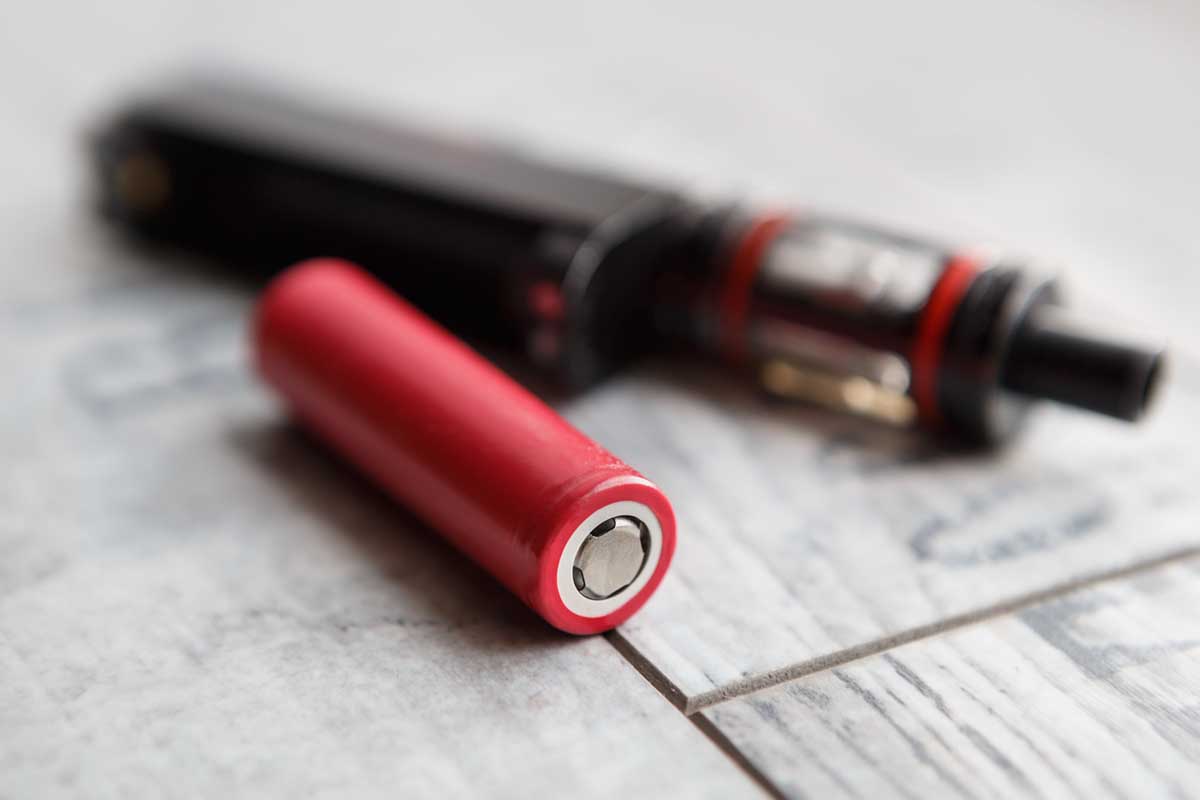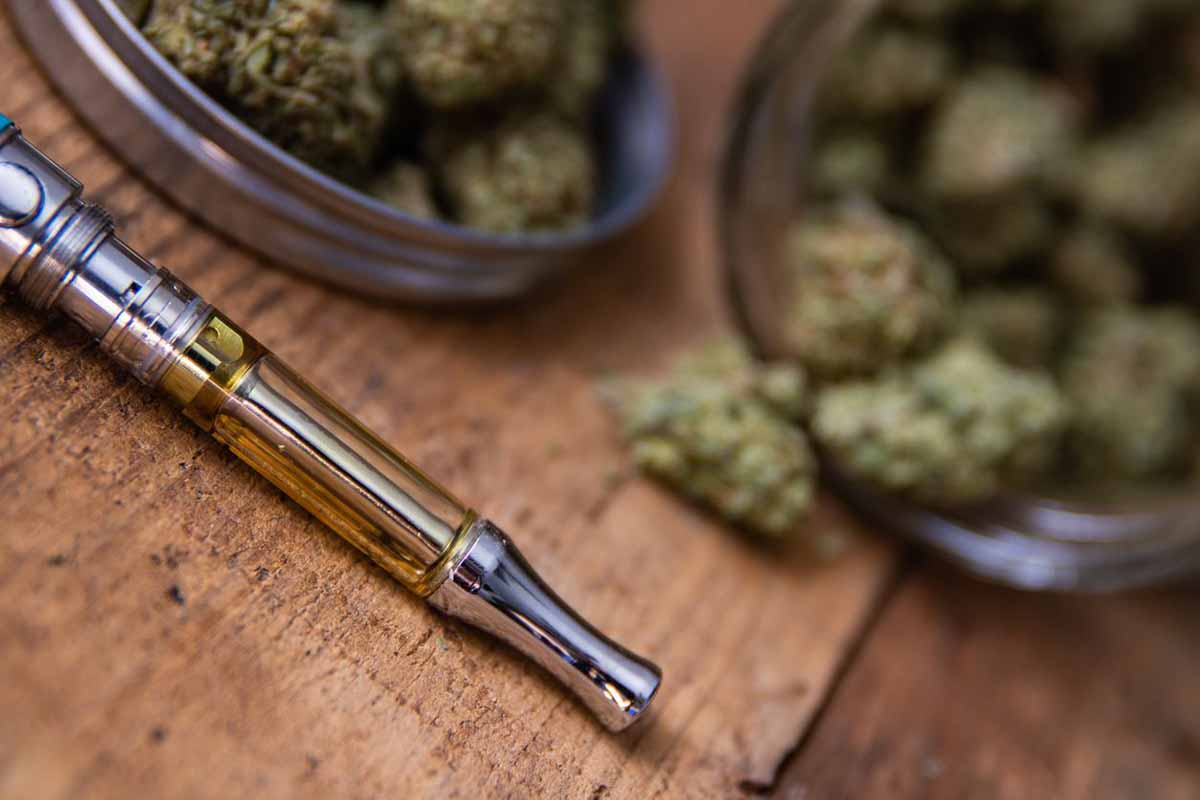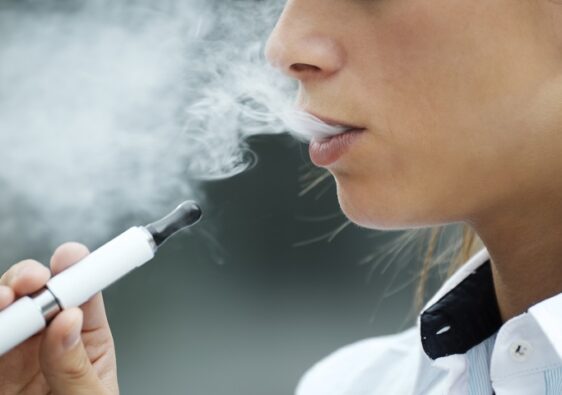Here are the two most frequently asked questions about the use of CBD, especially after it made headlines as a type of medication for people with depression, appetite loss, chronic pain, and inflammation.
What is CBD?
CBD is a type of cannabinoid that is found in cannabis plants. It is similar to THC or tetrahydrocannabinol, which is best known for its psychoactive properties.
There are approximately 113 cannabinoids found in cannabis, but only a few have been researched well.
CBD does not really have an effect on our endocannabinoid system (ECS) that is crucial in our physical and mental health.
Although it does not directly affect the ECS, CBD ensures that endocannabinoids get where they should be in our bodies.
In other words, if the ECS regulates our physical and mental health, then CBD regulates the ECS.
Is CBD Legal?
This is the usual question regarding CBD. The legality of CBD greatly depends on your location because other countries’ laws regarding CBD are more relaxed compared to others.
In the United States, CBD is legal as long as it comes from hemp plants with a limit of 0.3 percent THC. CBD is not mentioned in the 2014 Farm Bill, so it is exempted from the regulated substance list.
Also, in countries where medical cannabis is legal, most CBD is legal to use as well.



